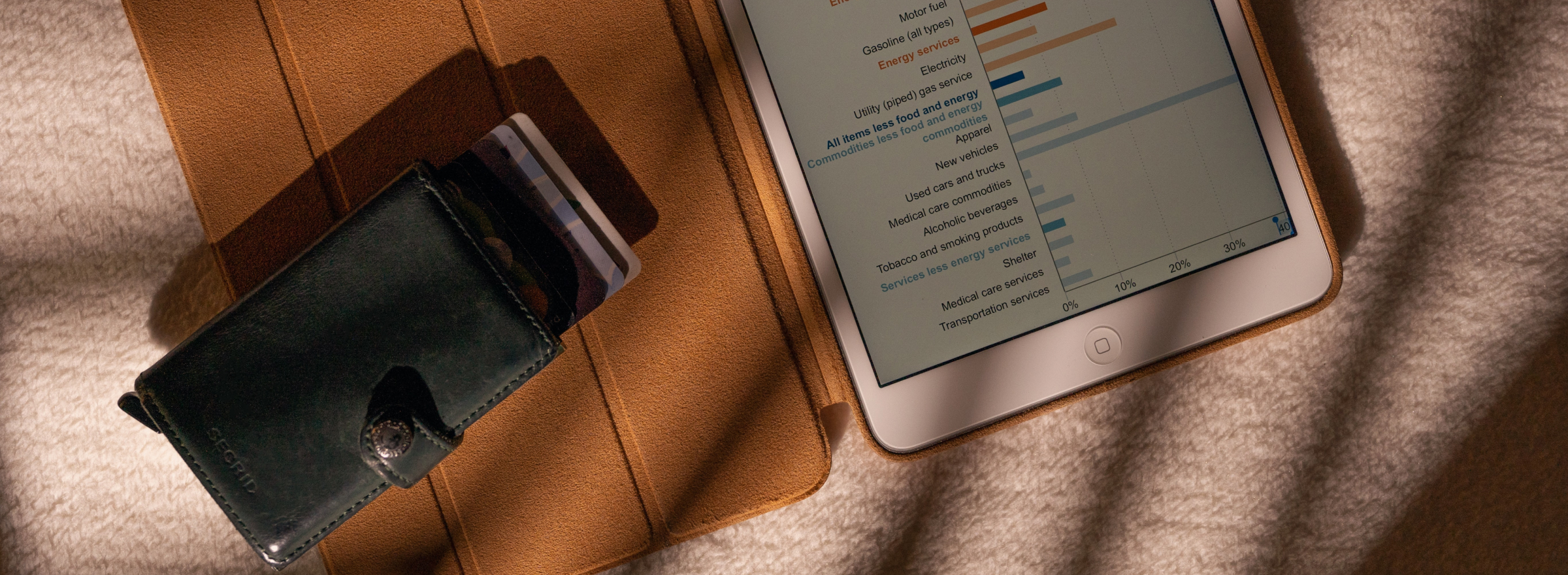Sole trading is a great choice for many self-employed people, not least because accounting for sole traders is simpler than accounting for limited companies.
But what records does a sole trader need to keep?
Let’s find out.
Bespoke Sole Trader Services
There are multiple responsibilities that must be met for a business to operate cost effectively and tax efficiently, and that's why QAccounting are here to help with your sole trader accounts. So what are you waiting for, get a quote today!
What records does a sole trader need to keep?
Income
Keeping proof of business income is crucial – this includes things like receipts, bank statements, till rolls, cheque stubs and sales invoices.
So, each time you receive a payment from a customer or client, you must record it as part of your bookkeeping. HMRC has no explicit rules on how bookkeeping is done, so you can record business income in a way that makes sense to you – whether that’s a spreadsheet, accounting software or with the help of an online accountant.
Many sole traders with an annual turnover below £150,000 use cash basis accounting, as opposed to traditional accounting which is generally used by larger firms. Cash basis accounting means you record your income when you receive a payment, and record expenses when you pay a bill.
Expenditure
Each penny you spend for business purposes – from parking receipts to notices of bank charges – must be logged to allow a clear and accurate picture of your business’s outgoings.
This is also important for when you make a claim for allowable expenses. Remember, these can include a range of things from office running costs, travel and transport costs, work clothing, insurance, staff costs, stock, advertising, and training. If you work from home, a portion of your household running costs can be deducted from your taxable profit.
Tax
A sole trader must also keep a record of their own income tax throughout the year. This is because as a sole trader, you won’t be taxed via PAYE and must set aside enough to cover your annual tax bill.
All sole traders operating in the UK must submit an annual Self-Assessment tax return by 31 January. You’ll be signed up for this when you first register as a sole trader with HMRC.
It’s down to you to predict what your final tax bill will be and keep enough aside. For instance, if you think you’ll make £50,270 or under you’ll be taxed at the basic rate of 20%, so save 20% of all post-deductions profits.
Most sole traders need to make payments on account for the next tax year – this is around half of the previous tax year’s tax and National Insurance contribution (NIC) total.
You’ll also need to keep track of your National Insurance contributions as sole traders are liable for Class 2 NIC’s – a flat weekly rate – and Class 4 NIC’s – a percentage of your overall profits.
You should also open a separate bank account for business purposes. It’s not a legal requirement, and not all sole traders do it, but the benefits are clear. Having a ‘business-only’ account is not only good for making sure you don’t lose track of what you need to put aside for tax, it will make itemising your income and expenses much easier.

How should a sole trader keep records?
It’s up to you – so long as they are clear, accurate and on hand if HMRC wants to see them.
Further, you must keep sole trader accounts for a period of five years, in case HMRC wishes to investigate any aspect of your records retrospectively.
If you’re registered for VAT, you must keep VAT records for a period of six years.
An old-fashioned ledger book or a spreadsheet are fine if they work for you, but using accounting software or, even better, software in conjunction with an online accounting service can enable you to essentially run your business from your smartphone.
At QAccounting we have designed an expenses app for our clients to make the process of recording expenses even easier. If you are interested in learning more about our sole trader accounting services, please get in touch with a member of our expert team today.
More Blogs
What If I Haven’t Filed a Tax Return for One or More Years?
If you are a UK taxpayer and you haven’t filed your self-assessment personal tax returns for one or more years, you’re not alone! In this article, we explain the consequences of failing to submit your tax returns, how interest and penalties are calculated, and what steps you can take to resolve the situation and bring your tax affairs up to date. We also explore why engaging with a qualified accountant can be an essential part of getting back on track!
How Much Does a Director Loan Cost?
Director loans are a popular yet often misunderstood financing method used by small business owners. If you’re a company director who has taken, or is considering taking, money out of your company (that isn’t structured and subject to tax as: a salary, dividend, or expense reimbursement), then you are effectively using a Director Loan. It is therefore important to understand these rules and the costs involved.
Do I Need to Use a Separate Bank Account for My Sole Trader Business?
One of the most common questions we receive when clients are setting up as a self-employed sole trader for the first time, or indeed for existing businesses who transfer into us is: “Do I need to use a separate bank account for my Sole Trader business?” The article explains the benefits of using a separate bank account for business transactions as a self-employed sole trader.
